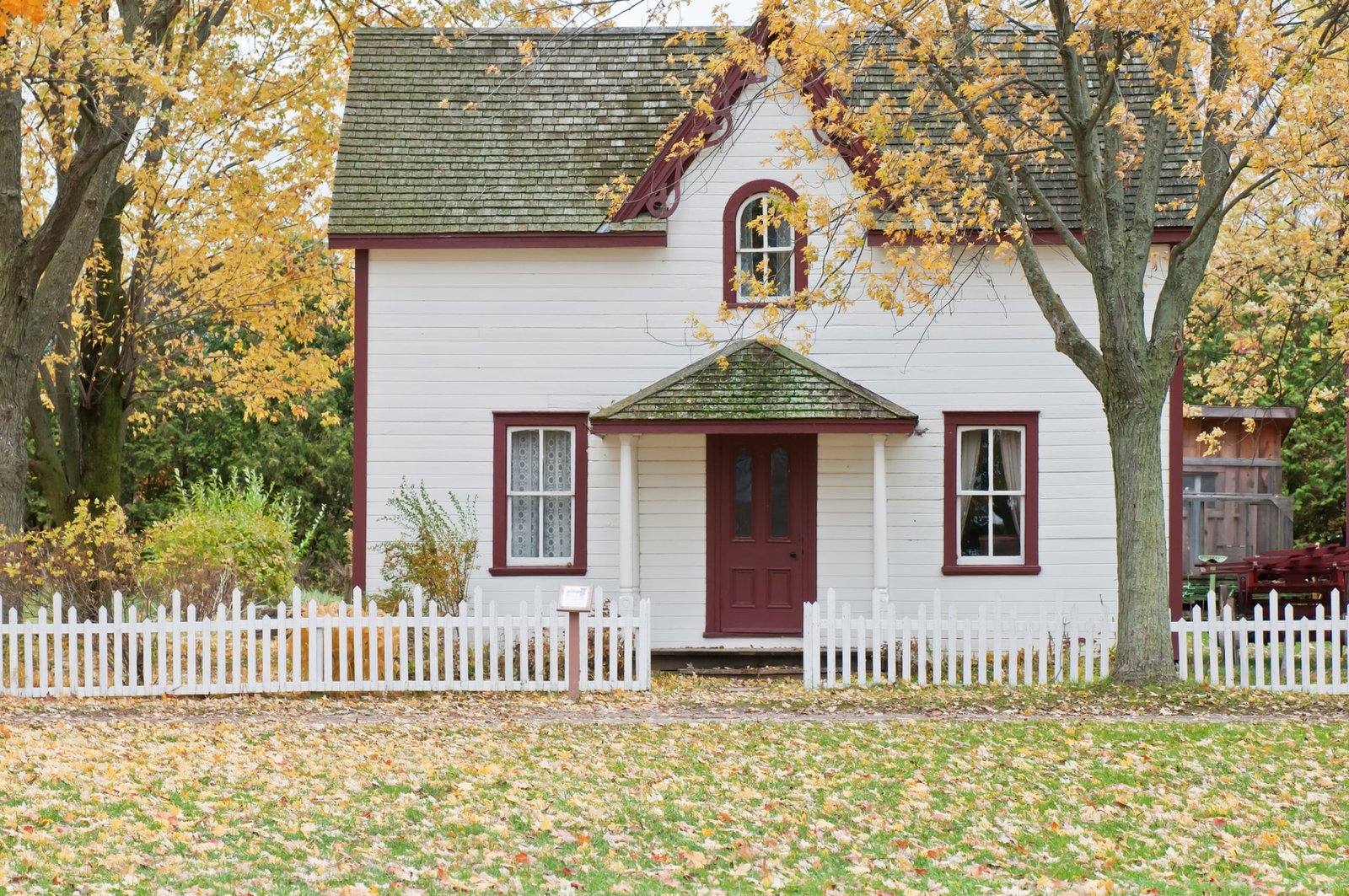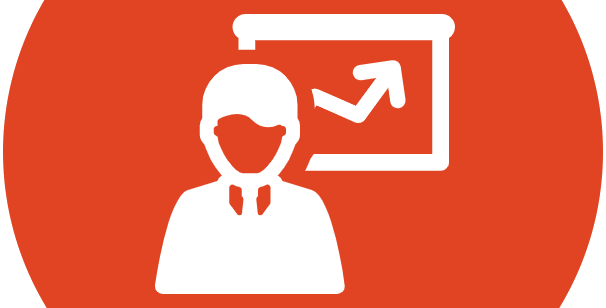
How to set a budget for buying your first home
Purchasing your first home is a momentous milestone and a significant financial investment. To make this exciting journey a successful and stress-free one, setting a budget is of paramount importance. A well-defined budget not only helps you determine your affordability but also ensures that you make a smart and sustainable decision. In this article, we’ll walk you through the steps to set a budget for buying your first home.
- Evaluate Your Financial Health:The first step in setting a budget for your first home is to assess your current financial situation. Take stock of your income, expenses, savings, and debts. Calculate your monthly net income after taxes, and then list all your monthly expenditures, such as rent, groceries, utilities, insurance, and any outstanding debts. Knowing your financial standing is crucial to establish a realistic budget.
- Determine Your Down Payment:One of the most significant factors influencing your budget is the down payment you can afford. Traditionally, a 20% down payment is recommended to avoid private mortgage insurance (PMI), which can add to your monthly expenses. However, various loan programs offer lower down payment options. Calculate how much you can comfortably allocate toward your down payment based on your savings and financial situation.
- Consider Closing Costs:Closing costs are often overlooked by first-time homebuyers. These costs include fees for appraisals, inspections, attorney services, title searches, and more. They typically range from 2% to 5% of the home’s purchase price. Be sure to budget for these expenses in addition to your down payment to avoid any surprises.
- Calculate Your Monthly Mortgage Payment:To determine your monthly mortgage payment, consult with a mortgage lender or use online mortgage calculators. Consider factors such as interest rates, loan terms (e.g., 15 or 30 years), and property taxes in your calculations. Your monthly mortgage payment should fit comfortably within your budget without straining your finances.
- Factor in Ongoing Homeownership Costs:Homeownership entails more than just a mortgage payment. You must also account for property taxes, homeowner’s insurance, maintenance, and utilities. Research the average costs for these items in your desired location to ensure they align with your budget.
- Plan for Future Financial Goals:Your home purchase should not derail your other financial goals, such as saving for retirement, building an emergency fund, or investing in other opportunities. Ensure that your budget allows you to continue pursuing these goals while owning a home.
- Get Pre-Approved for a Mortgage:Obtaining pre-approval for a mortgage is a valuable step in the home-buying process. Pre-approval from a lender provides you with a clear understanding of how much you can borrow and at what interest rate. This information helps refine your budget and narrows down your home search to properties within your price range.
- Be Realistic:While everyone has their dream home in mind, it’s essential to be realistic about what you can afford as a first-time homebuyer. Your initial property might not check every box on your wish list, but it’s a stepping stone towards achieving your homeownership goals. Remember that you can always upgrade in the future.
In conclusion, setting a budget for buying your first home is a critical step in your homeownership journey. By evaluating your financial health, determining your down payment, considering closing costs, factoring in ongoing homeownership expenses, planning for future financial goals, getting pre-approved for a mortgage, and maintaining a realistic perspective, you’ll be well-prepared to make an informed and sustainable home-buying decision. Seek guidance from financial experts and real estate professionals as needed to ensure your first home purchase is a successful and fulfilling experience.
